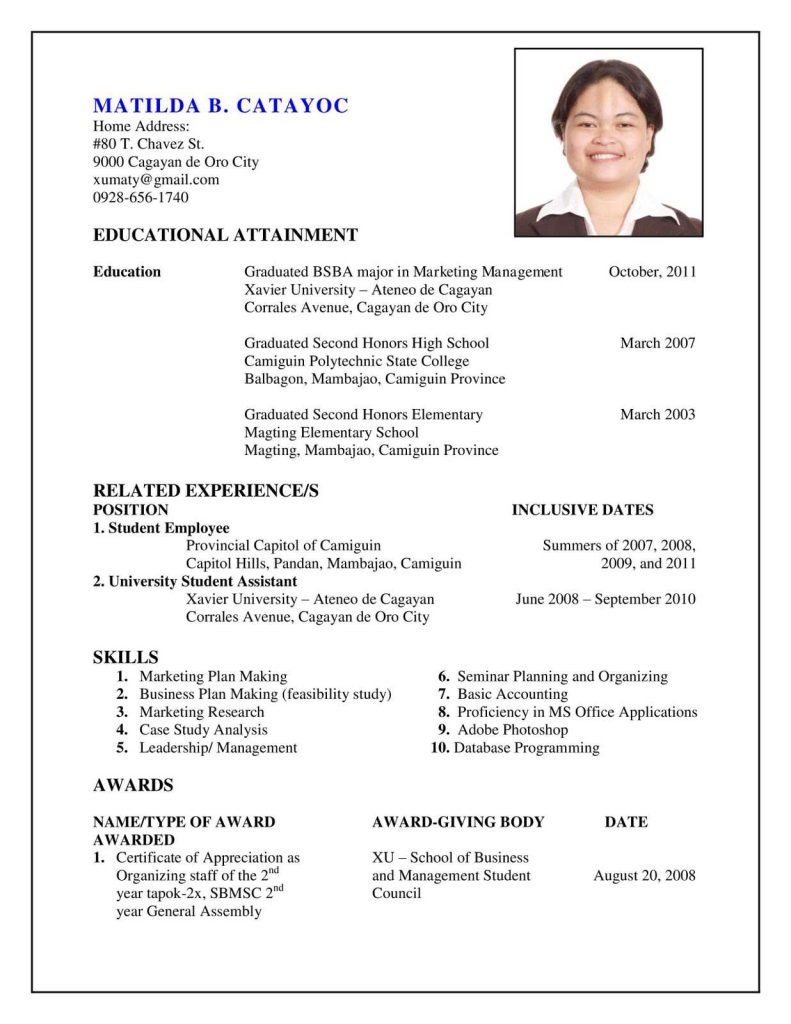Your CV is important to your job as an editor because it would illustrate your skill in editing, concern with details and the ability to edit in different styles of writing. It must be an effective marketing tool that demonstrates your abilities and experience and makes you look like a professional who can revise content and not destroy it. The following is a format to follow when writing a CV of an editor.
Personal Information
Start off your CV by writing imperative personal information, which should include your full name, phone number, your email, and any professional account, including individual websites in case that may be available. Your CV can also be complemented by other measures, such as a link to a portfolio that displays your work.
Professional Summary
A brief professional summary should follow your personal information. This part is a sort of summary of your qualifications, and it is like an entry to the subsequent parts of your CV. You should show your editing skills, your experience in the sphere, and such important points as knowledge of editing software, deep knowledge of grammar and style, and the superiority of the readability of different types of writing.
Key Skills
Under this section, enlist the basic editing skills that would be most applicable to the job you are about to apply. These may refer to such technical skills as knowledge of editing tools (Adobe InDesign, MS Word, and other tools), or particular know-how in such fields as copy editing, developmental editing, and proofreading. Any soft skills through attention to details, communication skills, and meeting deadlines should be mentioned.
Work Experience
The reverse chronological order must be used in the listing of your work experiences beginning with the immediate job. Under each post, mention the name of the firm, job position, employment periods and briefly explain the duties and your contribution as well. Pay attention to the kind of editing that you have done, say proofreading or editing of content structure or maintaining a style guide. Include as much as you can measure, i.e. in case feasible, reduced errors or better content readability.
Education and Certifications
Include your academic qualifications in this section. Make a note of your degree(s) and the colleges you went, as well as the year of completion. Even though most of the editors have studied English, journalism or communications, it is also helpful to note any other obtaining editing certification or coursework that you have received. To illustrate, it would also be handy to certify the American Society of Journalists and Authors (ASJA) or any other course associated to writing and editing.
Portfolio or Published Works
In case you have some portfolio of edited work or have worked in published projects, you should have a section to highlight these achievements. It can be articles, books, or online materials, but wherever you do, please give links or references, to show your skills in practice. A portfolio also makes your cv editing services dubai more credible and contains an opportunity through which an employer can get an experience of your editing.
References
Including references on your CV can strengthen your application. Name people who can talk about your editing skills like past employers, workmates or even clients. Ensure that you request the consent to use an individual as a reference.
Tailoring Your CV
In order to distinguish your CV, customize it according to the job you are applying. In the case that you are in a copy editing job, it is best to point out your skills in terms of grammar correction and to enhance sentence structure. On a developmental editing position, concentrate on the fact that you can enhance the content flow of the whole and correct the authors in their work. Show how the editing process you do correlates with the requirements of the position you are applying.
Writing and Formatting Tips
Being an editor, your skill clear and organized should touch on your CV. Make sure that the curriculum vitae is brief, and has no any mistake. Employ use bullet points when the need to be clear but include little sentences that are to the point. You need to proofread your CV, otherwise, a spelling or a grammatical error may delegitimize it. An attractive resume that is uniform in structure and detail will show your business attitude to editing.
Conclusion
A properly prepared CV becomes very vital in scoring an editing position. Through a neat and concise summary of your qualifications, work experience and core skills, you can easily demonstrate your editing prowess. By customizing your CV to each position and correcting it of spelling mistakes, you will have a better chance to impress the potential employers. Finally, you want to use your CV to demonstrate your proofreading skills and thoroughness (or attention to details), two of the important traits that every editor is expected to have.








